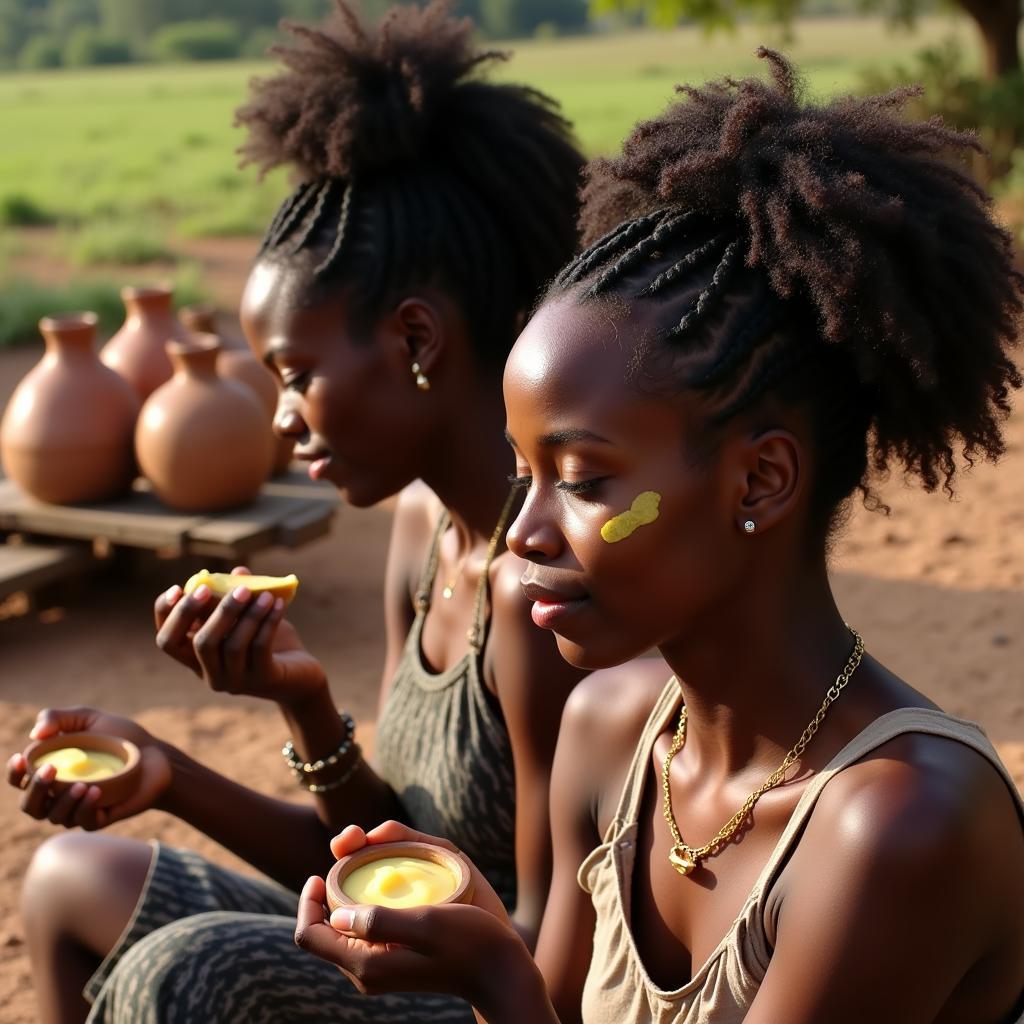A Colorful Journey: Exploring African Animation History
From ancient rock art narrating tales of hunts and spirits to the vibrant digital landscapes of modern productions, African Animation History is rich and diverse. While the global animation scene often associates with studios in the West or East, Africa has its own unique narratives and styles that have been captivating audiences for decades. This article delves into the evolution, challenges, and triumphs of animation in Africa, highlighting its cultural significance and growing influence on the world stage.
Early Forms of Animation: Echoes of the Past
Long before the advent of film, animation in Africa found expression through various traditional art forms. Shadow puppetry, a centuries-old tradition across the continent, brought stories to life using intricately crafted figures and light. This form of visual storytelling served not only as entertainment but also as a means of transmitting knowledge, values, and beliefs across generations.
Similarly, intricate textile art, with its symbolic patterns and motifs, often incorporated elements of movement and storytelling. The weaving techniques themselves, passed down through generations, became a form of animation, breathing life and dynamism into static objects. These early forms laid the foundation for the appreciation of motion and narrative within African visual culture, paving the way for the emergence of animation in the 20th century.
The Rise of Modern Animation in Africa: A Continent Finds its Voice
The mid-20th century witnessed a wave of independence movements across Africa, bringing with it a renewed sense of cultural identity and the desire to tell African stories on a global platform. This period marked the beginning of modern animation on the continent, albeit with limited resources and infrastructure.
One of the earliest examples is the Egyptian film “Mish-Mish Effendi” (1936), a series of short animated films inspired by traditional Egyptian puppetry. Similarly, “L’Aventure du premier Graphique” (1965) from Senegal explored animation techniques using sand on glass, demonstrating the creativity and resourcefulness of African animators.
Challenges and Triumphs: Navigating a Complex Landscape
Despite its rich history and creative potential, African animation has faced numerous challenges. Limited access to funding, training, and technology has hindered the growth of the industry. However, African animators have consistently demonstrated resilience and innovation, utilizing available resources to overcome obstacles and tell their stories.
The rise of digital technology in the 21st century has been a game-changer for African animation. Access to affordable software and online platforms has democratized the animation process, allowing a new generation of animators to hone their skills and share their creations with a global audience.
The Future of African Animation: A Global Stage Awaits
Today, African animation is experiencing a renaissance. From the comedic adventures of “Mama K’s Team 4” (Zambia) on Netflix to the visually stunning “My Life as a Zebra” (South Africa), African animation is gaining international recognition for its unique narratives, diverse styles, and powerful messages.
The future of African animation is bright. As the industry continues to grow and evolve, it holds immense potential not only to entertain but also to educate, inspire, and shape global perceptions of the continent. With its unique blend of tradition and modernity, African animation is poised to leave an enduring mark on the world of storytelling.
FAQ
What are some popular African animation studios?
Some notable studios include Triggerfish Animation Studios (South Africa), Kugali Media (Nigeria and Rwanda), and Ankama (Ivory Coast).
Where can I watch African animated films and series?
Streaming platforms like Netflix, YouTube, and Amazon Prime Video are increasingly featuring African animation.
Are there any animation festivals dedicated to African animation?
Yes, festivals like the Cape Town International Animation Festival and the Lagos International Animation Festival celebrate African animation.
Need Help?
Do you have any questions about African animation or other aspects of African culture? We are here to assist you. Contact us at:
Phone Number: +255768904061
Email: kaka.mag@gmail.com
Address: Mbarali DC Mawindi, Kangaga, Tanzania
Our customer support team is available 24/7 to answer your queries.
